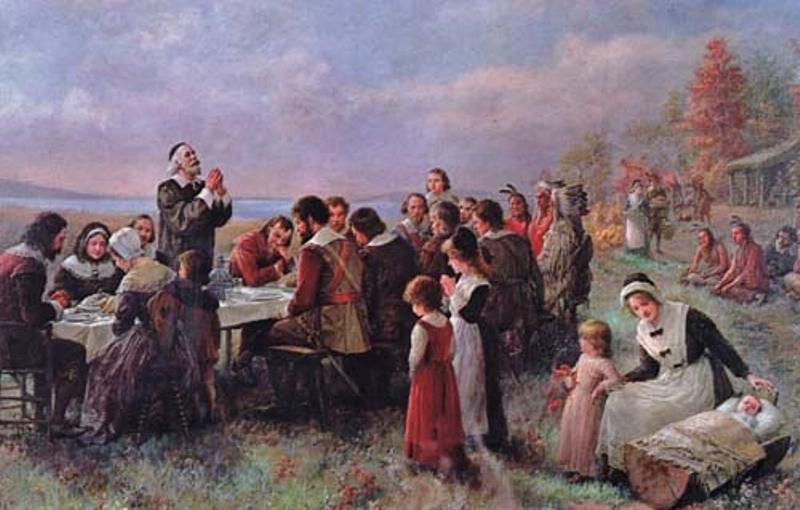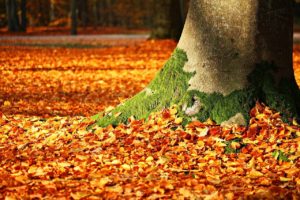Thanksgiving: An American Holiday with American Complexities
Thanksgiving is a very important American holiday. It usually evokes images of family gatherings, delicious food like turkey and pumpkin pie, and gratitude. But the origins and history of Thanksgiving reveal a more complex story. This is the essential and difficult American story of colonization, adaptation, resilience, and immigration in a country defined by immigration. An honest understanding of this history provides insight not only into the holiday, but also into the basic make-up of the United States and the social and political difficulties that still exist in it.
Early Beginnings: The First Thanksgiving?
The holiday most often traces back to a 1621 celebration in Plymouth, Massachusetts, involving the English Pilgrims and the Wampanoag people. The Pilgrims, having endured a brutal winter that took the lives of many, were aided by members of the Wampanoag people. An important figure was Squanto, a native American who taught the European settlers how to cultivate corn, to fish, and to navigate their new surroundings. To express their gratitude for the successful harvest, the Pilgrims held a feast and invited the Wampanoag to join them.
While this story is commonly cited as the “First Thanksgiving,” gatherings celebrating harvests have deep roots in many cultures, including among Indigenous peoples. The Wampanoag, for instance, held annual harvest ceremonies long before European settlers arrived. For the Pilgrims, however, this gathering was less a national holiday and more of a one-time event. Furthermore, this feast didn’t mark the start of a long-standing friendship between settlers and Native Americans. In fact, tensions between settlers and Indigenous peoples escalated soon after, leading to conflict and dispossession of land. The settlers would go on to steal the land of the very people who saved them.
Colonization and Loss of Native Land
Following the 1621 feast, European settlers continued to arrive, leading to centuries of colonization that pushed Indigenous peoples from their lands and devastated Native communities. Colonization included wars, forced removals, and disease, all of which decimated Native populations and cultures. The Massachusetts Bay Colony, for example, openly seized land from indigenous Americans. Later legislation and treaties were often designed to further reduce Native land holdings across the continent.
During this period, as more settlers arrived, Native peoples were seen less as allies and more as obstacles to European expansion. Indigenous people were frequently displaced, and their lands were taken over by settlers. In the 1630s, just a decade after the famous Thanksgiving feast, the Pequot War erupted. This conflict saw the near extermination of the Pequot people and revealed the violence that would become common as settlers continued their push for more territory. For many Native Americans and others sensitive to this history, these events and the legacy of colonization have cast a dark shadow over Thanksgiving celebrations.
The Modern Thanksgiving Tradition
Thanksgiving as a national holiday didn’t officially start until much later. In 1863, President Abraham Lincoln declared Thanksgiving a national holiday. His aim was to unify a divided nation amid the Civil War. Lincoln’s proclamation positioned Thanksgiving as a time for Americans to gather, give thanks, and reflect on their blessings.
Since then, Thanksgiving has evolved into a time to celebrate family, food, and gratitude. The holiday falls on the fourth Thursday in November, and most people have off from work and school. Families gather for a meal of turkey, stuffing, and other traditional dishes such as sweet potatoes, cranberry sauce, and pumpkin pie. Afterwards, many people sit and watch a game of (American) football, often in a subdued state because of all of the food!
However, Thanksgiving has also become a time to recognize the history and resilience of Native Americans. Many Native communities observe a “National Day of Mourning” on Thanksgiving. They honor those who suffered and continue to suffer due to colonization and the loss of Native lands.
Recognizing the Complexity of Thanksgiving
Thanksgiving is another time for Americans to try to confront honestly and head-on the complexities and contradictions of their nation’s history. In recent years, many Americans have sought to honor Indigenous perspectives by acknowledging the reality of colonization. Schools and families are increasingly discussing both the holiday’s traditional narrative and the realities of Native displacement and loss. This approach aims to promote a fuller understanding of American history and foster a more inclusive celebration for all Americans.
Thanksgiving today remains a reminder of the past. It is a holiday that celebrates gratitude yet also calls for a reflection on the nation’s history and the diverse cultures and complex realities that continue to shape it. For many, it is a time to reflect on how far the country has come, while honoring the resilience of Native peoples and recognizing the land’s original stewards.
Learn English with the Language Garage!
We hope you’ve enjoyed learning about the origins and traditions of Thanksgiving. If you’re interested in ESL/EFL lessons, please check out our English courses. We have private lessons, lessons for you and a friend or colleague, or small groups. Or see our other posts on English grammar, vocabulary, and more.
Image source Wikimedia Commons






